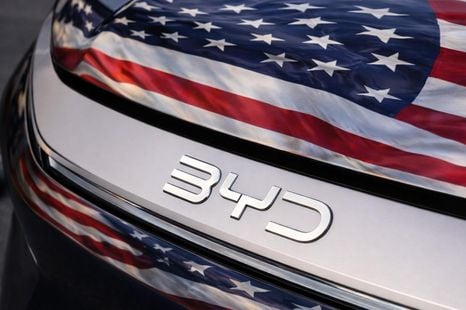

Damion Smy
BYD sues US government over Trump tariffs blocking Chinese EVs – report
32 Minutes Ago
Renault has taken the first step in reducing its stake in Nissan from a controlling position to a minority interest.

Journalist
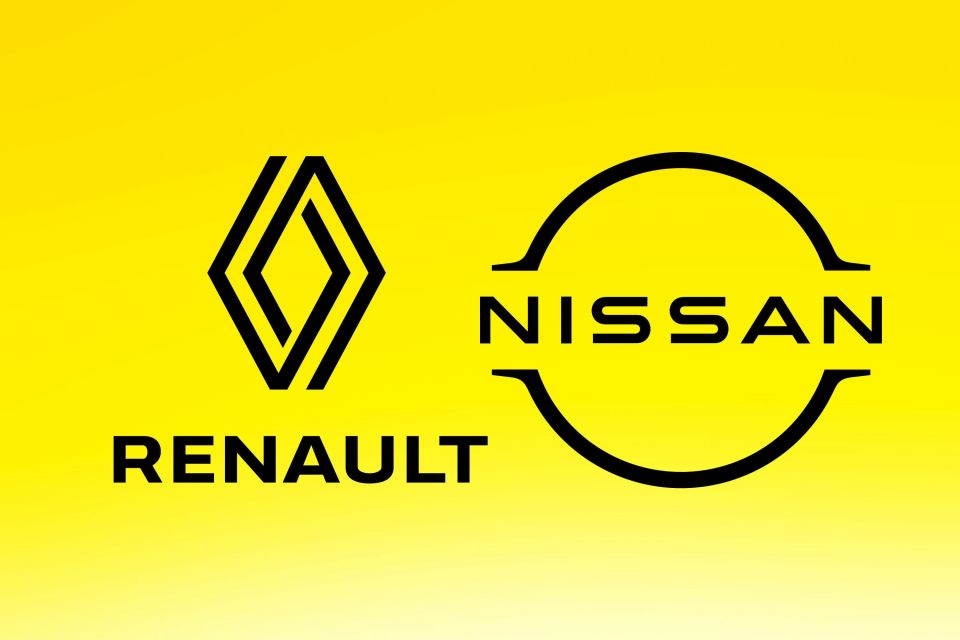

Journalist
Renault will soon sell down its stake in Nissan, although it still retains — for now — a controlling interest in the Japanese firm.
Starting on December 13, local time, Renault will sell 211 million Nissan shares back to the Japanese automaker. Prior to the buyback, Renault held a stake of around 43.4 per cent in Nissan, and the shares being traded represent around five per cent of Nissan’s available stock.
Nissan will pay ¥120 billion ($1.26 billion) — or ¥568.5 ($5.96) per share — to Renault as part of the buyback. Some of this money will help fund Renault’s investment in electric vehicle (EV) development.
Despite the large cash injection the Renault Group will receive as part of the deal, it will be booked as a loss of €750 million ($1.26 billion) on the company’s accounts.

The upcoming sale is part of an agreement struck at the beginning of the year between Renault, Nissan, and Mitsubishi to rejig their alliance.
In the deal, Renault agreed to eventually sell down its holding in Nissan to a non-controlling 15 per cent stake. Until that’s complete, the French company has agreed to limit its voting stake to 15 per cent in most matters.
Nissan in return would finally gain voting rights in Renault. Both Nissan and Mitsubishi also promised to purchase a stake in Ampere, Renault’s EV division which will be partially floated on the stock market in the near future.
The Renault-Nissan-Mitsubishi Alliance will continue to operate, but will not be as tightly integrated as before, with joint purchasing agreements and the like being slowly unwound.
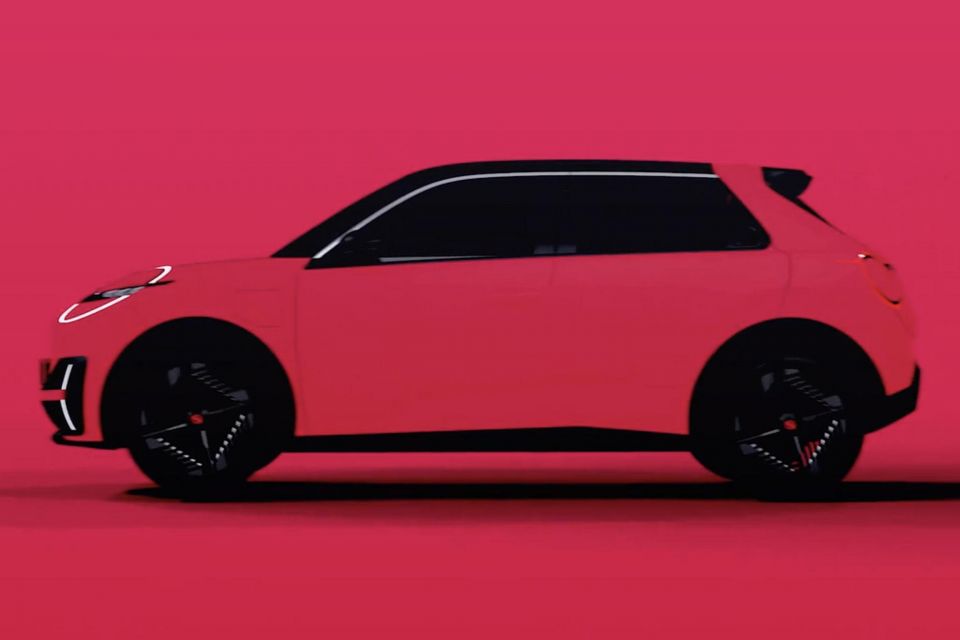
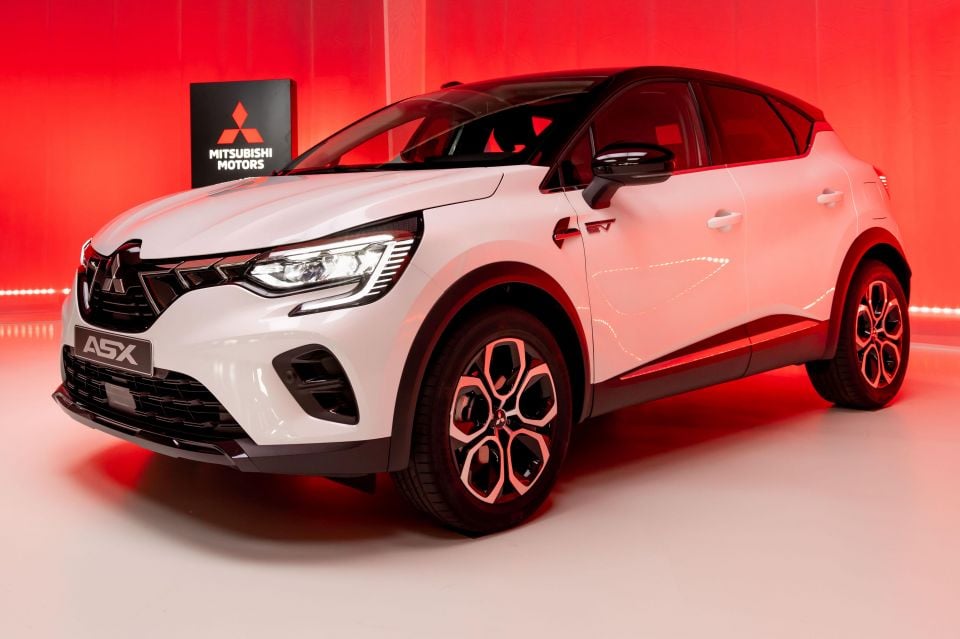
The three automakers will still pursue joint vehicle platforms and projects together, with Renault agreeing to produce a number of Euro-centric vehicles for Nissan and Mitsubishi.
Since coming to Nissan’s rescue in 1999, Renault has owned a controlling stake in the Yokohama-based automaker, giving it the ability to make appointments to its board, select the CEO, and set the tone. Once Nissan regained its financial footing, it bought a reciprocal 15 per cent in Renault, but was barred from exercising its voting rights.
Disquiet about Renault’s influence at Nissan has grown over time as the Japanese automaker became the better selling and more profitable part of the alliance. Reports indicate fears about then-CEO Carlos Ghosn’s desire to merge the two automakers are what led to his arrest in November 2018, and eventual dramatic escape in a private jet.
MORE: Renault agrees to limit influence at Nissan, details new joint projects
Derek Fung would love to tell you about his multiple degrees, but he's too busy writing up some news right now. In his spare time Derek loves chasing automotive rabbits down the hole. Based in New York, New York, Derek loves to travel and is very much a window not an aisle person.


Damion Smy
32 Minutes Ago
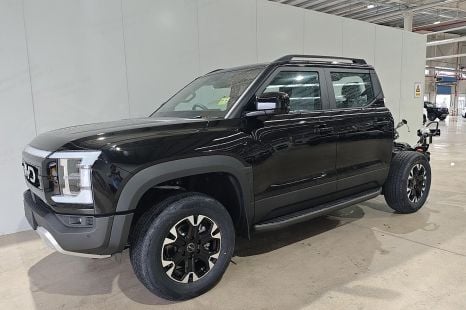

William Stopford
1 Hour Ago
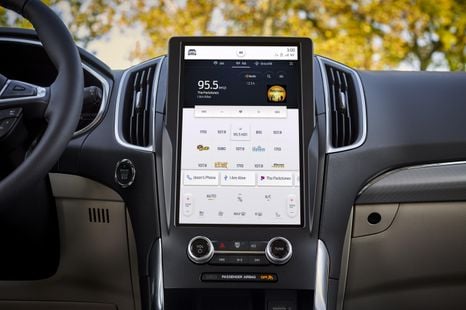

Damion Smy
2 Hours Ago
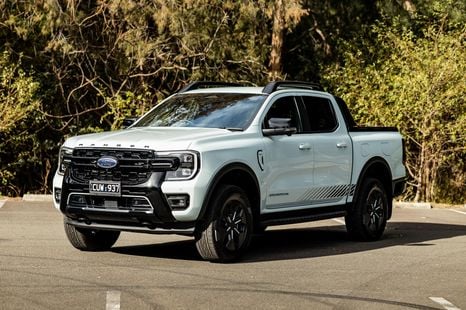

Damion Smy
3 Hours Ago
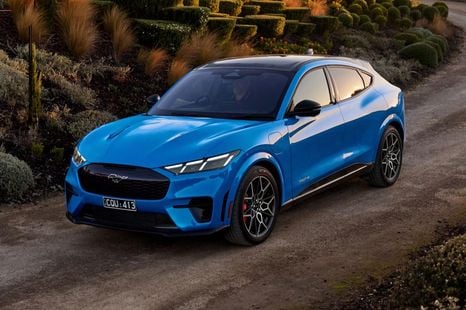

William Stopford
3 Hours Ago
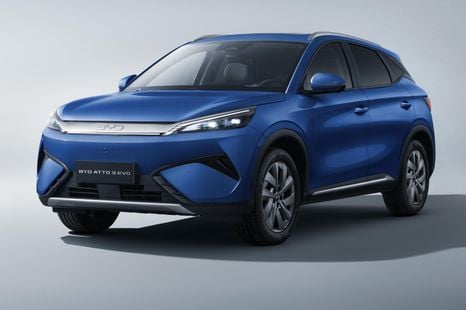

Derek Fung
7 Hours Ago
Add CarExpert as a Preferred Source on Google so your search results prioritise writing by actual experts, not AI.